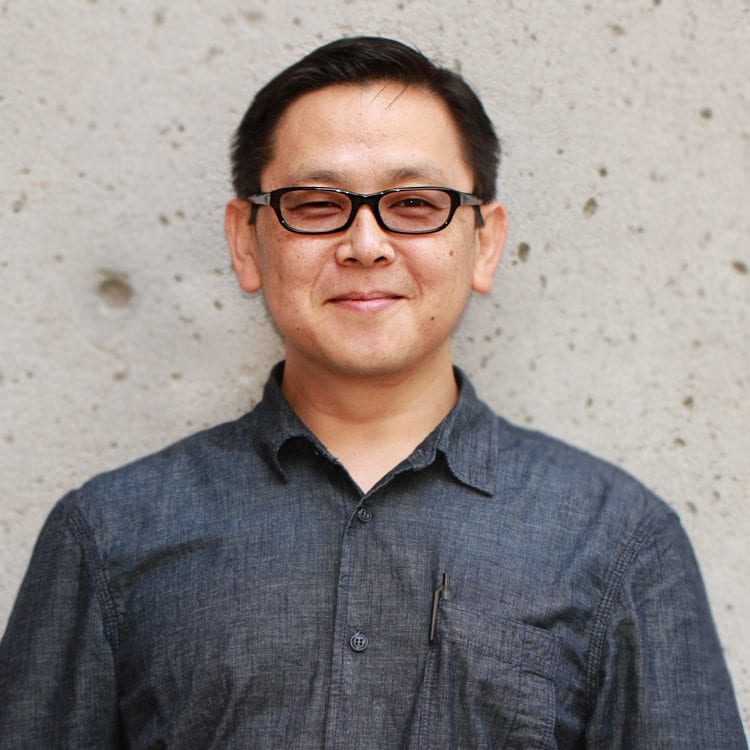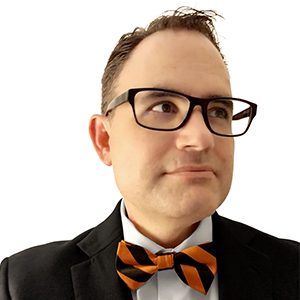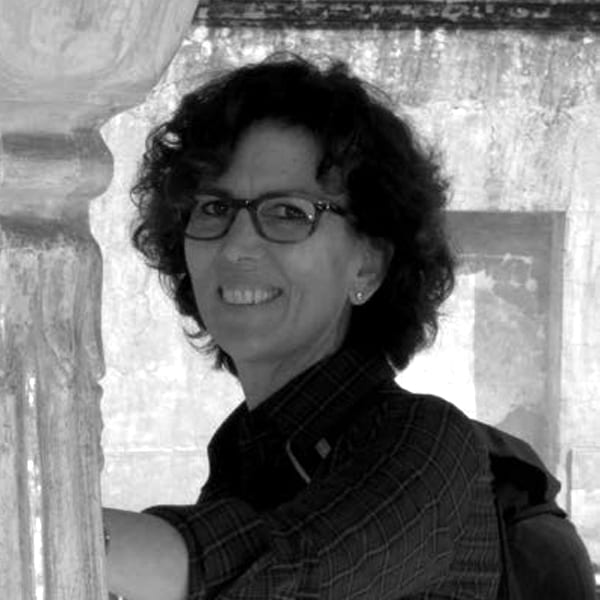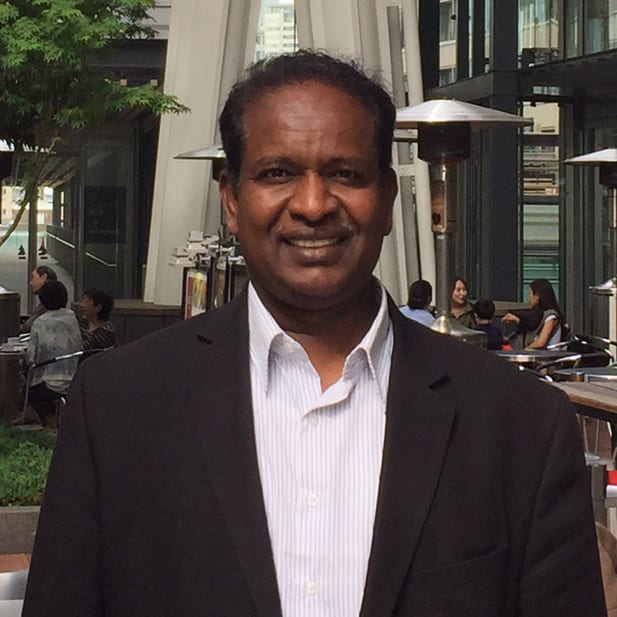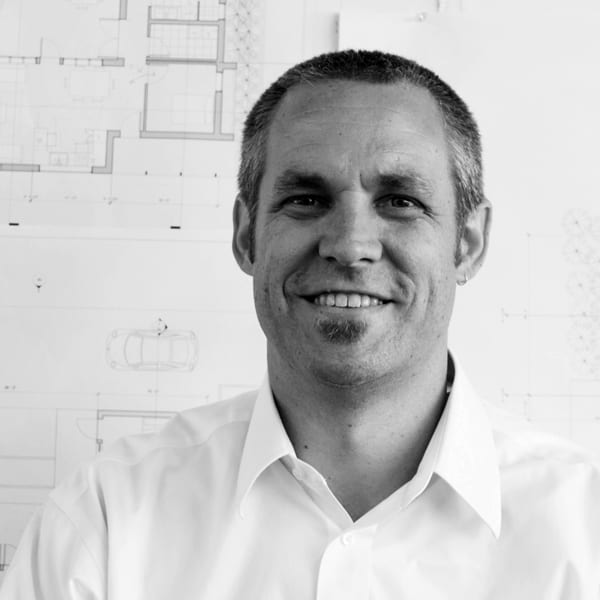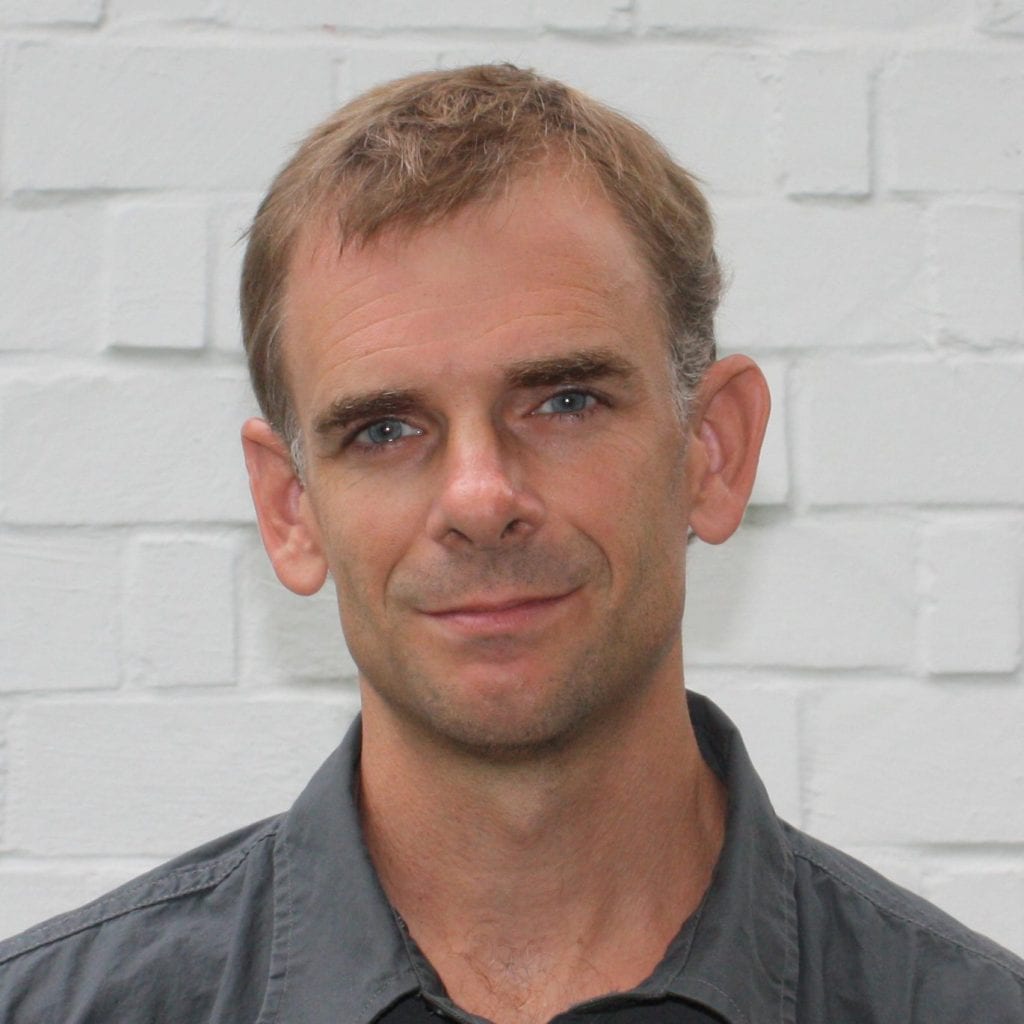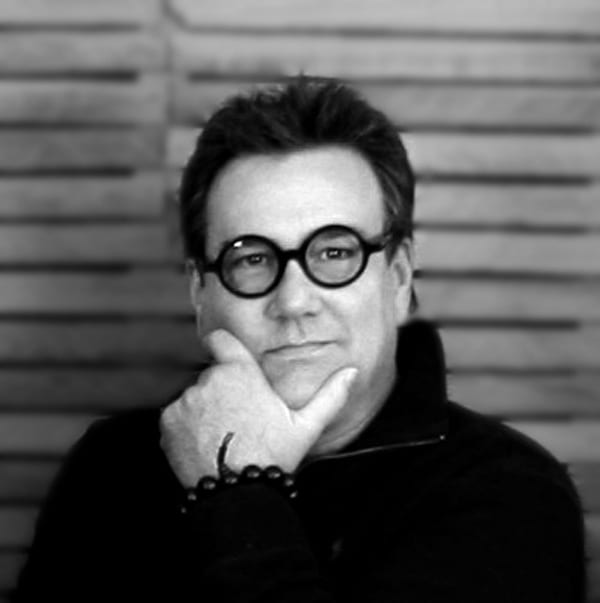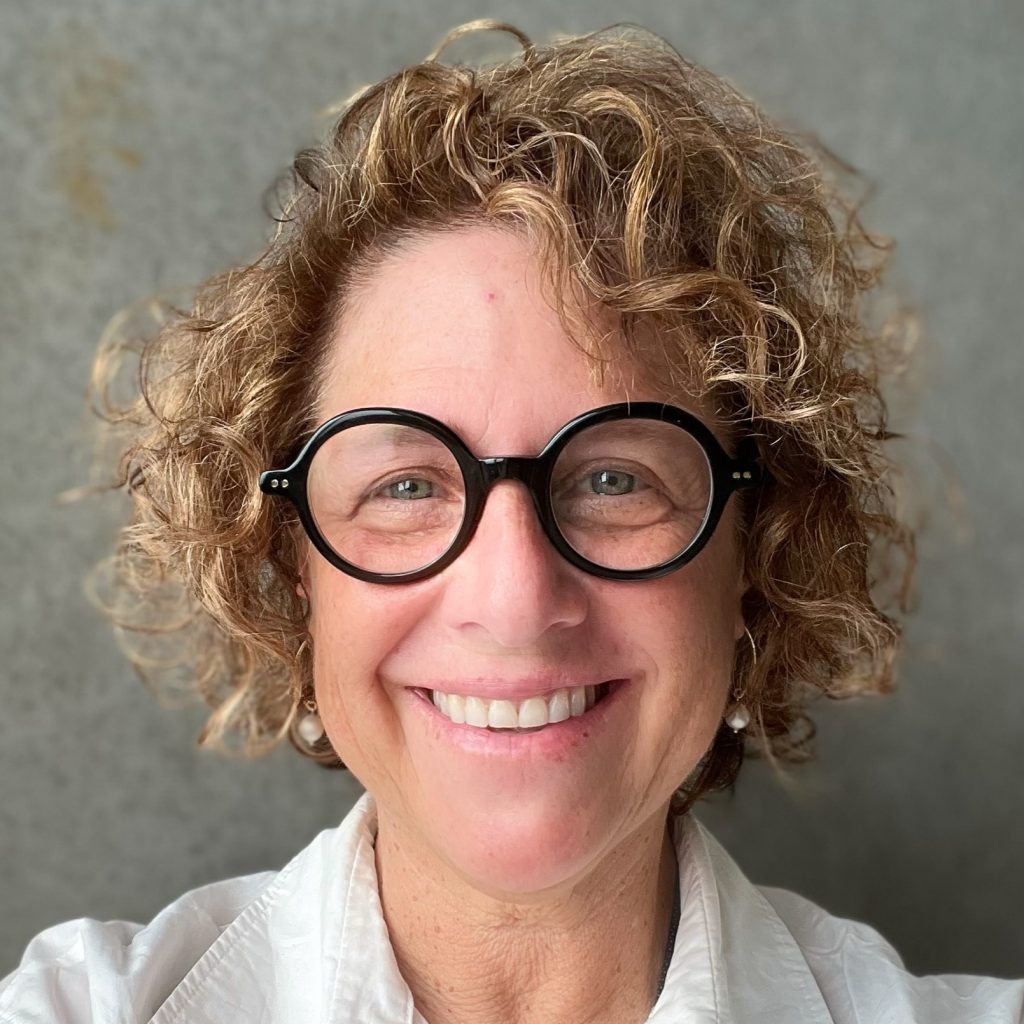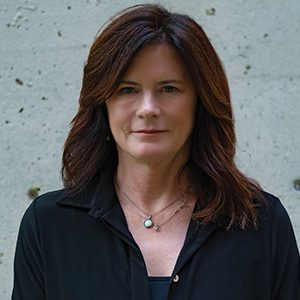Charlie Hailey is an architect, writer, and professor in the School of Architecture at the University of Florida. Hailey has received numerous awards and grants including a Guggenheim Fellowship, a Graham Foundation grant, and two Fulbright Scholarships. He has authored six books that bring multidisciplinary approaches to the built environment, and his newest The Porch: Meditations on the Edge of Nature (Chicago, 2021) explores the porch as method and place—an architecture where we can tune ourselves, sometimes ever so subtly, to the many changes around us. Timeless and timely, it is a book about the joy and gravity of places where inside and outside meet.
Hailey’s work focuses on emergent built environments. As a 2018 Guggenheim Fellow, Hailey continued to delve deeply into vital places like camps and porches to understand how climate, building, and community overlap in meaningful ways and how architecture and the humanities intertwine. Such places are liminal yet pivotal to knowledge, ephemeral yet fundamental to human experience. His interdisciplinary projects seek to tell the stories of marginal places, to understand material cultures and cultural landscapes, and to discover links between human agency, settlement patterns, and ecology. At the University of Florida, where he was named Teacher/Scholar of the Year, Hailey teaches design, history, and theory. Inspired by work with Jersey Devil, his design/build studios mesh experiential learning with learning-by-doing and environmental design with public interest projects (Design/Build with Jersey Devil, Princeton Architectural Press, 2016). Built projects include a music pavilion, community center, outdoor education facility, sustainable bike trailer, recycled mobile theater, builder’s yard, and a series of coastal installations in Cedar Key, Florida. During his most recent Fulbright in Cyprus (December 2023), he led a team of Eastern Mediterranean University students to design and build an outdoor classroom for Yeniboğaziçi Elementary school.
His design and research have also explored camping as a way of making home (Campsite, 2008) and camps across the world as contemporary spaces of freedom as well as emergency (Camps, MIT Press, 2009). In a collaborative project with photographer Donovan Wylie in southern California’s Colorado Desert, Hailey found Slab City to be both harbinger and bellwether—a camp that is indicative of 21st-century displaced settlements and a place made amid struggle and survival (Slab City: Dispatches from the Last Free Place, MIT Press, 2018). He has also investigated human-made islands as newly emergent places that require innovative approaches to design, environment, climate, and conservation (Spoil Island: Reading the Makeshift Archipelago, Rowman & Littlefield, 2013). In Spring 2021, he was a Master Artist in Residence at the Atlantic Center for the Arts, where he designed and build a project titled “Porch without a House” as a permanent installation on the campus. He is currently working on a book that explores the meaning and significance of Florida’s fish camps, a resilient network of places where water and land meet.

